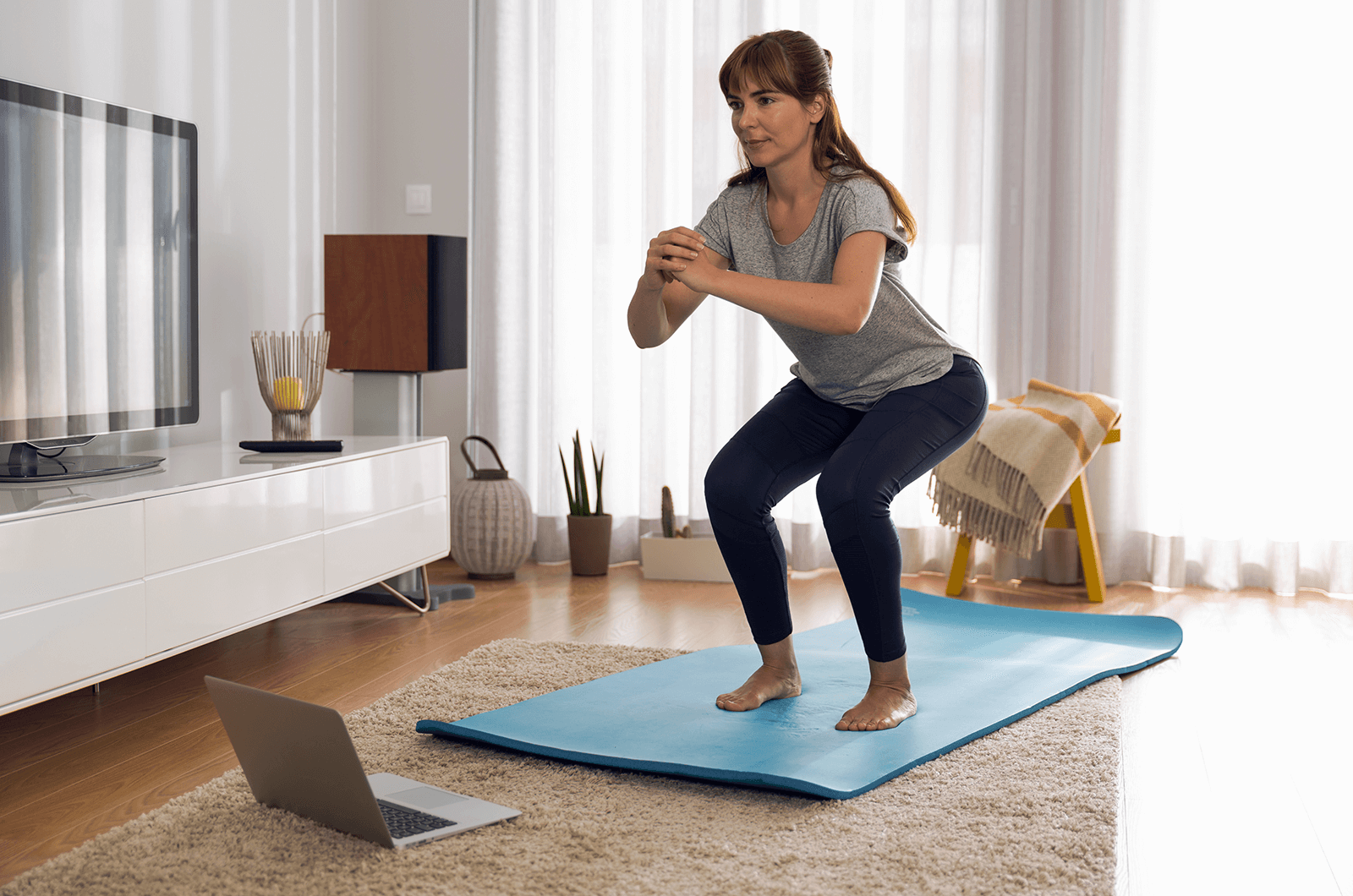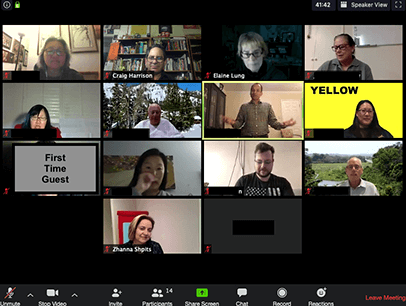I love spending time with all sorts of people. As an extrovert, isolation is my worst nightmare. Hence, a rampant deadly virus is not going to stop me from socializing, and I suggest it not stop you either.
After all, the World Health Organization (WHO) recently stopped advocating for the phrase “social distancing,” instead preferring “physical distancing.” The change in terminology reflects the importance of staying socially connected during this pandemic. After all, physical distancing doesn’t mean that we can’t stay socially connected with our network of people
I’m a psychologist. My occupation and personality have taught me that nothing is more life-affirming and health-inducing than positive social connections. Building on the field of positive psychology—my career expertise—here are six ideas for remaining socially connected to friends, family, and colleagues during this temporary time of physical separation.
1 Maintain a Sense of Belonging
As Toastmasters, we tend to thrive on personal interactions and a sense of belonging to our clubs, so how do we nurture our collective well-being during this time? Gatherings, such as those at sporting events, churches, Toastmasters, and schools, have temporarily stopped in a physical sense. You can address this by joining an online group. Toastmasters International President Deepak Menon, DTM, recently stated that Toastmasters “rely on one another for growth, support, and camaraderie,” so we should use this resource to maintain social connection. Menon noted that “online meetings, speeches, and chats give us purpose and reason to smile with one another, even in this difficult time.”
I love his words and encourage anyone who is feeling disconnected to tap into an online Toastmasters meeting. It’s a great way to rebuild or reinforce a sense of belonging. I’ve joined a number of local online groups to make sure I feel connected to what’s happening in my community.
2 Keep a Positive Connection With Yourself
Social isolation, uncertainty, and a lack of control erode mental health and can cause us to withdraw socially. Anxiety and fear can also cause disconnection. In these uncertain times, nurture a positive connection with yourself. Make time for self-care and do something enjoyable like meditating, exercising, or reading.
Consider Dr. Kristin Neff’s practices on loving-kindness and self-compassion. We can’t be kind to others if we are not first kind to ourselves. A prominent researcher and psychologist, Neff says, “Unlike self-criticism, which asks if you are good enough, self-compassion asks, What’s good for you?”

3 Kindness Is Contagious
A virus isn’t the only contagious thing right now; kindness, compassion, and happiness are too. Positivity is spreading all around the world via forums such as The Kindness Pandemic on Facebook. Random acts of kindness have gone viral on the internet. Kindness is an incredibly powerful way to form positive connections with other people.
Think about how you can be kind, such as calling a friend who lives on their own. Write a gratitude letter to someone who has meant a lot to you. Send a thank-you card to those working hard to keep us safe (doctors, supermarket workers, teachers, etc.).

4 Find New Ways to Socialize
Forget coffee shops or bars; they are so 2019—enter the online social world. I’ve been watching people all over the world start online singing, reading, cooking, and even exercise groups. My family has been doing exercise sessions with a physical education teacher who hosts live workouts. Unfortunately, it’s made me realize how unfit I am, but I do enjoy the company and enthusiasm. We’ve also organized playdates on Zoom and dinners on WhatsApp to stay connected to loved ones.
5 Savor the Moment
Take the time to chat. We are usually so busy that we don’t stop to talk to the person delivering our mail or packages or idly chat with our neighbor. Ask how the person is and really listen to the response. Relish these moments of human connection (as you maintain physical distancing).
6 Remember, People Are Most Important
In New Zealand we have a saying, He aha te mea nui o te ao? He tāngata, he tāngata, he tāngata, which translates to “What is the most important thing in the world? It is people, it is people, it is people.” Let’s remember that and stay connected during COVID-19.
If you are feeling disconnected, please consider joining a Toastmasters meeting online. Your health depends on positive connections with others.
People go to great lengths to feel socially connected. I recall “Wilson” being a great companion for Chuck Noland (played by Tom Hanks) in the 2000 movie Castaway. Wilson wasn’t much of a conversationalist, given that he was a volleyball, but he did provide Chuck with a social tie, crucial for his well-being and survival. I’m not suggesting we start making friends with volleyballs, but I am suggesting that we keep connected. Keeping yourself socially fit is one way to keep yourself mentally and physically strong, and that is something we all need right now. Kia Kaha everyone (stay strong).
Kristen Hamling, PhD is a registered psychologist in New Zealand who specializes in trauma, resilience, and well-being. With over 25 years of clinical experience, she integrates psychological science with storytelling to help people and organizations grow through challenge.
Related Articles

Communication
Suddenly, Life Is a Series of Table Topics

Personal Growth



 Previous
Previous
 Previous Article
Previous Article